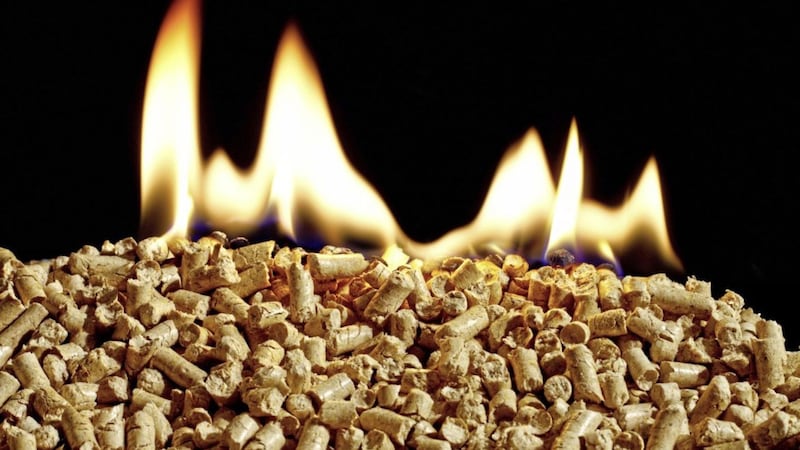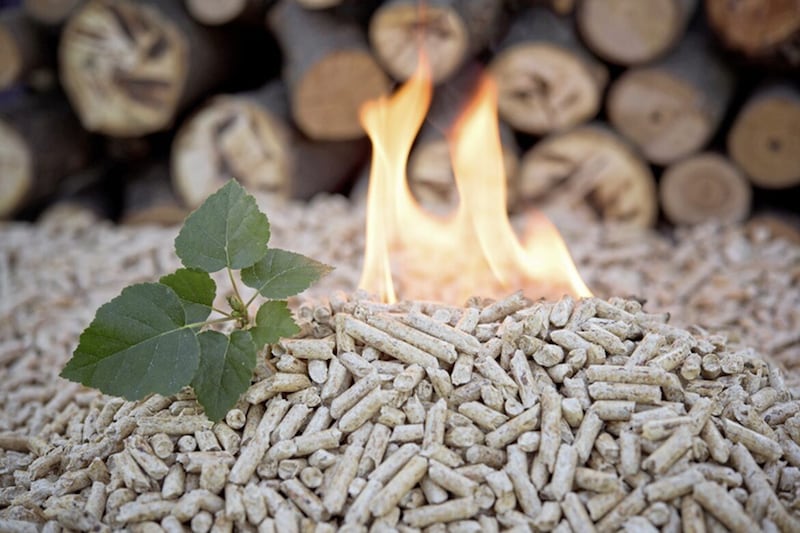BOILER owners in the renewable heat incentive (RHI) energy scheme may have burnt more fuel to increase payments, an audit report has found.
Kieran Donnelly, the Comptroller and Auditor General, said there was a change in applicants' behaviour following a cut in the subsidy rate.
Tariff changes, he found, saw the amount paid by the Department of the Economy fall from £42 million to £21m in two years.
Such a reduction, Mr Donnelly added, showed that in some cases, heat produced before the change "was not actually required for business purposes".
The RHI scheme was introduced in 2012 to encourage businesses to switch away from fossil fuel heating.
Major flaws in its implementation meant it went hundreds of millions of pounds over budget. Over-generous subsidies meant the more fuel applicants burned, the more money they could claim.
It led to the collapse of devolved government in January 2017 and was later the subject of a public inquiry, which heard detailed evidence about escalating costs to taxpayers.
Mr Donnelly has today reported on the results of financial audit work undertaken on the 2018/19 accounts of government departments and other public sector bodies.
His report on the Department for the Economy focussed much on RHI.
Mr Donnelly qualified his audit opinion for the same reasons as the last three years - ongoing weaknesses in controls in the non-domestic RHI scheme; and expenditure incurred without the necessary approvals in place.
This year he reported on a change in behaviour of scheme applicants following the reduction in subsidy rate on April 1 2017.
Since that time, the amount of renewable heat generated has fallen by around 44 per cent.
"The significant reduction provides evidence that in some cases, heat produced before April 2017 was not actually required for business purposes but rather some of it may have been produced only with a view to increasing RHI payments," Mr Donnelly said.
"Tariff changes in 2017 have meant that the amount paid by the department to applicants has fallen from £42m in 2016/17 to £21.1m in 2018/19. In the current year this was less than the total funding available from the Treasury."
Mr Donnelly's separate report on the Department for Communities, meanwhile, found a high level of estimated fraud and error in benefit expenditure.
In 2018/19, there were overpayments to claimants of £92.3m. The majority were due to customer fraud, which accounted for £56.2m.
"Overpayments increase costs to the taxpayer and reduce public resources that could be made available for other purposes. I believe that the overall value of fraud and error in benefit expenditure during 2018/19 remains unacceptably high," Mr Donnelly said.
The SDLP's John Dallat, a former member of the Public Accounts Committee, expressed regret that questions on government accounts could not be asked in the absence of the assembly.
"Overpayments both in Social Security Benefit and Housing Benefit continue to raise serious questions because the money lost to fraud is not available to support other government services where the need has never been greater," he said.








